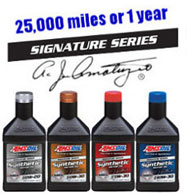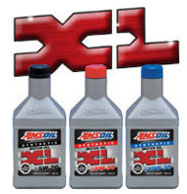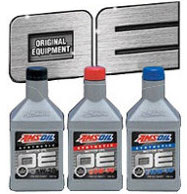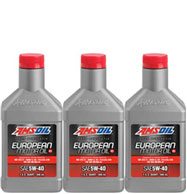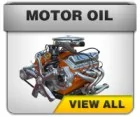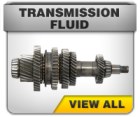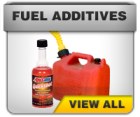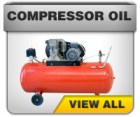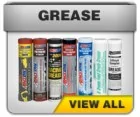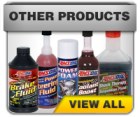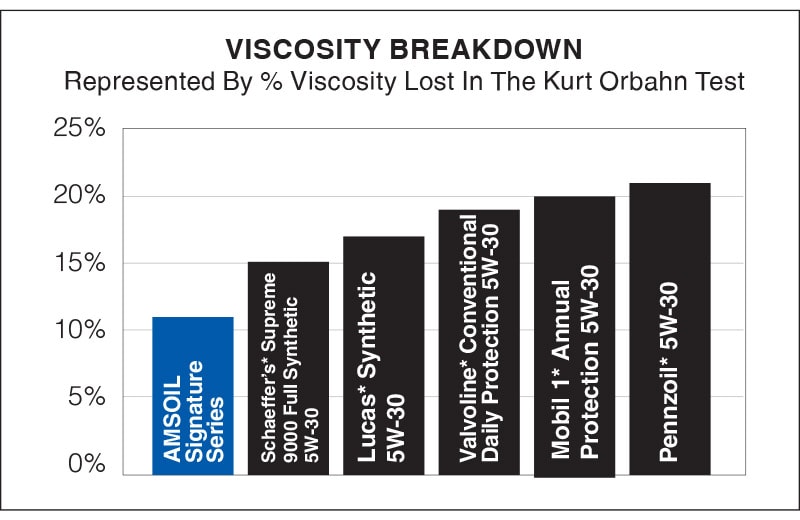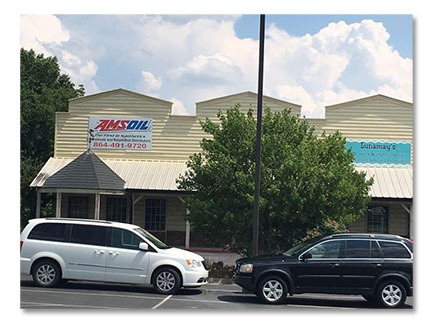The Best Wholesale Dealer For Easy Online Order
There is no better synthetic oil or lubricant on the market than AMSOIL. As a proud Amsoil online dealer, I would say Amsoil is a renowned brand producing top-quality synthetic motor oil globally.
This claim is based on customer feedback and laboratory tests as well. AMSOIL synthetic oils and lubricants keep engines clean from the inside out.
Thousands of fleets operating in severe conditions for many years have proven the quality of AMSOIL products.
AMSOIL synthetic oil and lubricant products provide superior protection, durability, and performance. With improving fuel economy, it reduces engine wear while extending the overall life of your vehicle.
How to find an Amzoil dealer for wholesale price?
Whether you are in the US or Canada, by typing Amsoil authorized dealer near , you will find Amsoil independent dealer.
To enjoy Amsoil wholesale prices on all products, become an Amsoil preferred customer. You will receive a 25% discount on all Amsoil products with this membership.
You can apply for membership with Amzoil Authorized Dealer of Tomball when you search for Amsoil near me (find an amsoil dealer website). Besides getting a 25% discount, you will also get free shipping offers and gear throughout the year.
Buy Amsoil only from independent resellers and dealers.
If you see anyone putting Amsoil for sale banner, you must check if they are registered dealers.
Amsoil sells its products only through its independent registered dealers, with Amsoil prices being the same with each dealer.
There is no reason to choose anything less than top-quality synthetic motor oil. Ordering Amsoil online today is the best decision, especially when we are delivering it to your doorstep.

